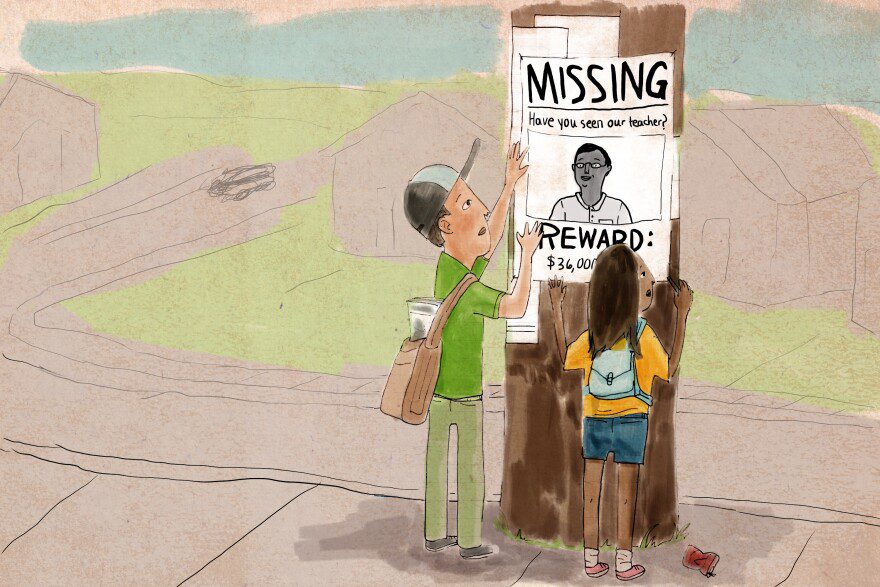A report paints a grim picture about Florida’s critical teacher shortage
WLRN | By Ryan Dailey – News Service of Florida | February 10, 2022
Florida schools have just shy of 4,500 teacher vacancies, as lawmakers look at ways to boost pay and help retain educators.
The State Board of Education received an annual report Wednesday that detailed data on subject areas that have critical teacher shortages as determined by a survey of school districts.
The shortage areas are calculated based on several factors, including teacher vacancies and the “number of courses being taught by (teachers) not certified in the appropriate content area based on their teaching assignment.”
The board on Wednesday approved a list of seven of the most-pressing shortage areas for next school year: English, exceptional student education, general science, reading, English for speakers of other languages, math and physical science.
Juan Copa, a deputy commissioner for the state Department of Education, said most of the shortages projected for next year are not new.
“The shortage areas identified this year are consistent with the areas identified over the last several years. There were no new areas identified. In comparison to last year, only technical education and earth-space science have fallen off the list,” Copa told the board.
Out of 4,489 current teacher vacancies, 1,321 are in teaching jobs that deal with students who have special needs. There are 751 vacancies in elementary education, 304 in math and 280 in English.
In the past school year, more than 19% of exceptional-student education courses and about 9% of English courses were taught by teachers who were not certified in the appropriate fields.
Cathy Boehme, a lobbyist who represents the Florida Education Association teachers union, described a slow rebound from the teacher shortage that was exacerbated by the coronavirus pandemic.
“In August of 2021, we had nearly 5,000 open positions. Right now, we have over 4,000. I worry about thousands and thousands of students who are currently without a full-time teacher,” Boehme said.
Boehme suggested to the state board that new teachers should be brought into the classroom “by increasing incentives to go to college or to go back to college with the intention of becoming a teacher.”
Education officials are looking to bolster the number of graduates coming out of higher-ed teaching programs.
The state board on Wednesday approved new bachelor degree programs in teaching at Seminole State College of Florida that would provide graduates with teaching certificates in exceptional-student education and elementary education.
State lawmakers this year are pursuing the continuation of a plan to raise minimum teacher salaries to $47,500.
Gov. Ron DeSantis also is pushing to provide $1,000 bonuses for teachers and principals for the second year in a row. Such bonuses were distributed to about 177,000 teachers and principals last year using federal stimulus money.
Meanwhile, legislators are looking to address shortages of school workers such as bus drivers and food service employees.
Proposals moving through the House and Senate (HB 1017 and SB 1576) would require school districts to fund incentives to help recruit and retain school-support workers, subject to the Legislature providing money.






